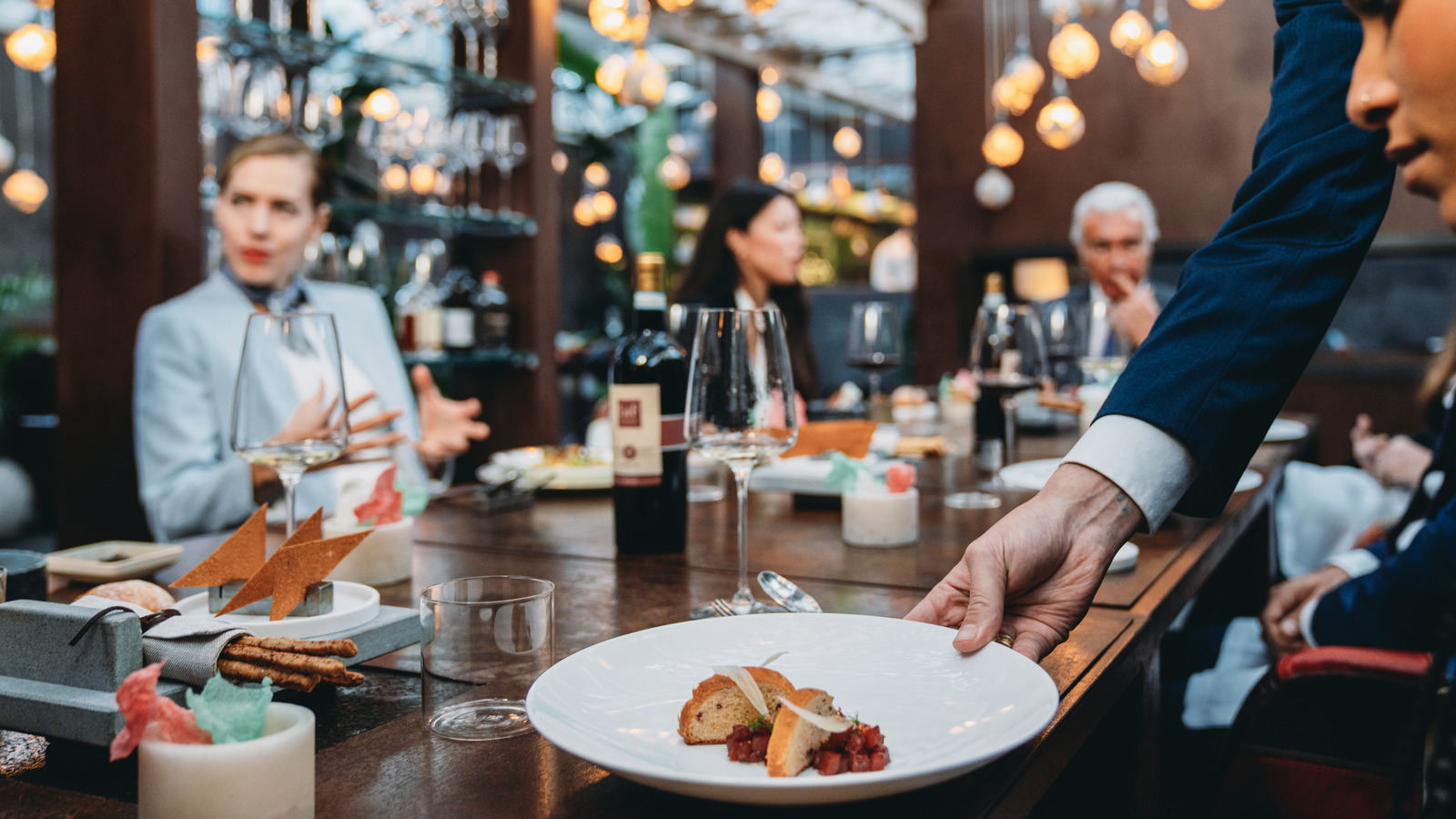
"That said, sometimes when I dine out and see another customer doing something strange, my head spins, as I wonder what (and if) they're actually thinking. Some dining faux pas are like nails on a chalkboard, and one of the worst is bringing your own drinks and condiments to a restaurant. Yes, your server has noticed, and yes, it says more than you think."
"Leaving personal goods at home is one of those international dining etiquette rules we should all be following. The biggest issue is damage to profit, particularly when smuggling in drinks. Staying afloat in the hospitality industry is notoriously challenging for businesses; add inflation and tariff anxiety, and profit margins are already squeezed. That fugitive can of Pepsi actually makes a difference, and it can look selfish."
Former servers remember camaraderie among front-of-house staff and notice customers' etiquette missteps. Bringing personal drinks or condiments into restaurants undermines revenue and strains already narrow profit margins. Smuggling beverages reduces sales and can violate health codes, creating liability for foodborne illness or allergic reactions. Small condiments like hot sauce feel less severe than full bottles of wine, and homemade sauces may be understandable, but etiquette favors avoiding bringing personal items to dining venues. Servers experience stress and view such behavior as selfish or tacky. Managers sometimes address repeat offenders through policies or confrontation to protect profits and safety.
Read at Tasting Table
Unable to calculate read time
Collection
[
|
...
]